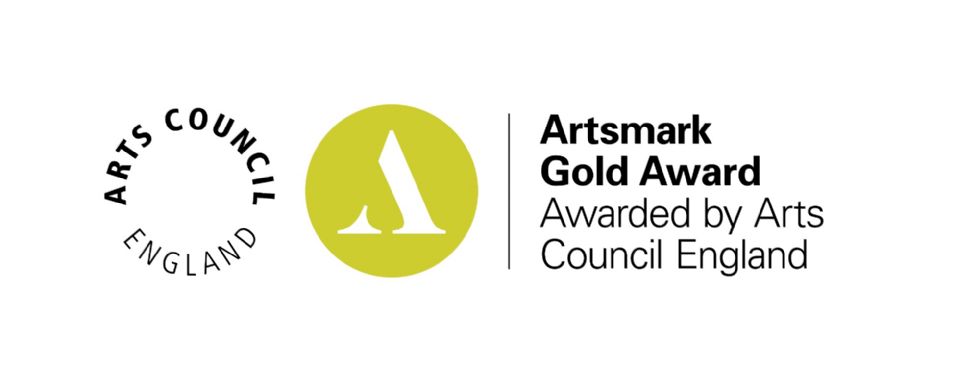Flexibility of Thought
A core characteristic of ASC is ‘a strong resistance to change and an aversion to novelty’ (Frith, 2008)
A person with ASC ‘starts to suffer if they encounter unexpected change.’ They possess a ‘strong drive to systemise events, to render them as near to predictable as they can’ (Baron-Cohen, 2008)
Associated with this drive people with ASC may find it hard to:
- predict what may happen next and thereby prepare mentally for it
- plan for the future
- anticipate dangers
- engage in creative and imaginative play patterns
- manage new or unfamiliar situations
At Spring Common we seek to build the ability of our students to think flexibly bymaximising the benefits of unplanned change and sensitively introducing planned changes to routines and habits.
Some examples of each of these are as follows:
Unplanned Change
- The swimming pool is closed due to an imbalance of the chemicals.
A brief explanatory story may be written using Communicate: In Print and shared with the student; a ‘change’ symbol introduced onto the child’s schedule alongside the replacement activity.
- The whiteboard is unusable due to a failure in the internet connection.
A ‘broken’ symbol may be attached to the whiteboard; an alternative activity clarified; reassurance given ‘it’s OK to change’.
This type of unplanned change may be supported by a social story explaining how unexpected change does sometimes happen and that with adult support the child can cope: ‘it’s OK to change’. This will need to be personalised to each student based on their age, reading skills and level of understanding.
Planned Change
- Taking children on educational visits to new places.
A brief explanatory story with pictures of the venue may be used; a written schedule clarifying the stages in the activity.
- Changing class at the end of the academic year.
An information booklet with photographs of the new classroom staff and the new room may be used (providing that this will not be changed before entry to the class).
- Changing the order of activities during a session, the member of staff a child is working with or their working location.
- The use of a ‘surprise’, ‘change’ or ‘choice’ symbol on the child’s schedule.
Offering guided choice of activity through a choosing strip with an option to be selected from. Encouraging choice making in this way helps students with developing their own planning skills.
- Introduction of new foods into a lunch box.
A ‘menu card’ may be used, illustrating the order in which foods will have to be eaten with less favoured to be eaten first.
The preparedness of the individual child to cope with these changes will need to be very carefully considered and the appropriate level of scaffolding provided.
Building flexibility of thought is so central to the development of children with ASC that teachers are encouraged to include IEP targets in this area. It may sometimes be hard to identify these and support from the ASC team in determining these should be sought if required.




